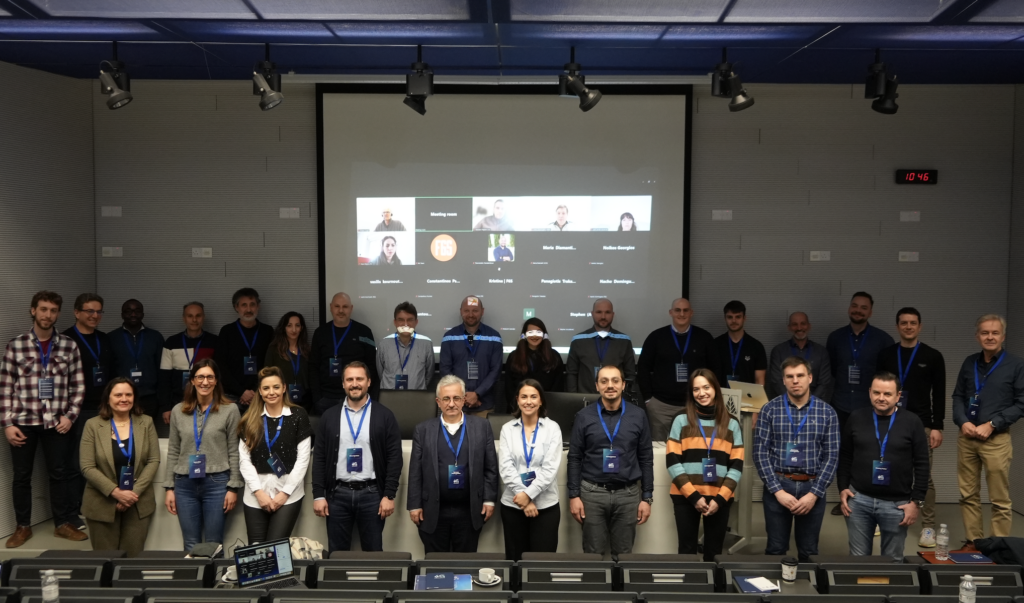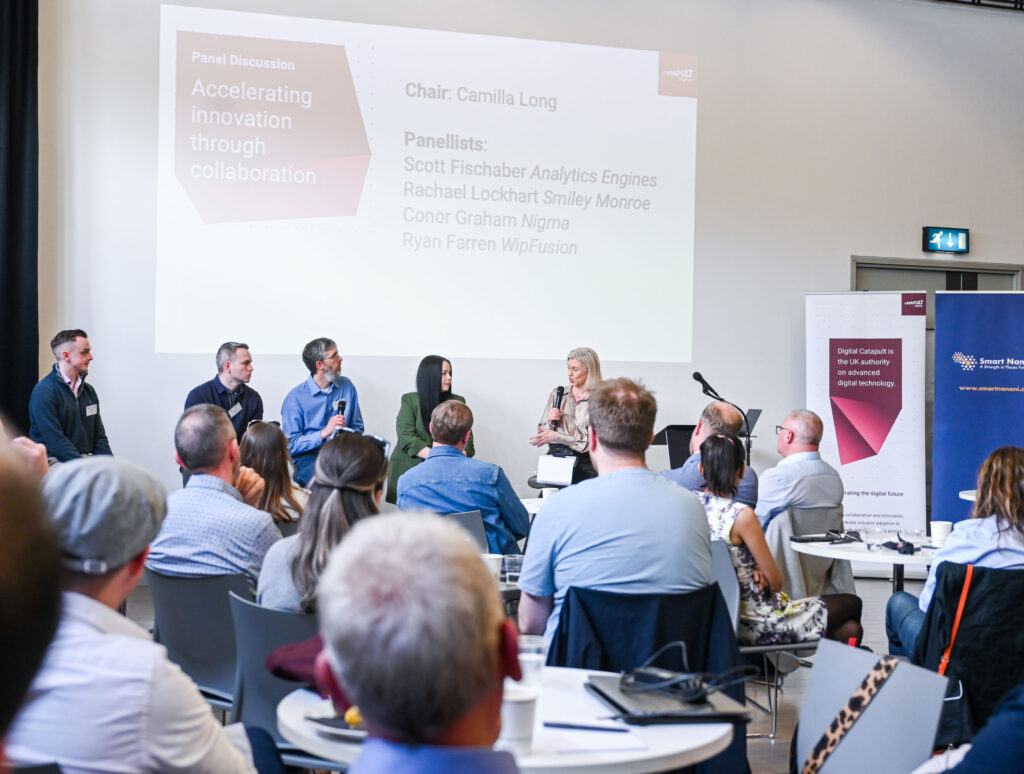Federated learning enables multiple stakeholders to collaboratively build robust machine learning models, synthesise and share insights from data without revealing the data itself, without moving it from its source to a central location ensuring data privacy and security. Without federated learning none of these outcomes would occur. Join Digital Catapult at its online masterclass on 21 October exploring the value of federated learning and providing insights into how to use it.
Data has become the currency of the modern economy. In the last decade, the volume of data grew exponentially from about 0.8 zettabytes (ZB) in 2010 to more than 35 ZB in 2020, most of it generated within the last two years and held by the private sector.
Machine learning requires the use of large datasets, most of which exist in silos across the private sector. Data crucial to one part of a business isn’t necessarily so for others, which results in data residing in the primary applications and databases where it is gathered and used; historically, data isolation in non-tech/AI first companies was intentional.
With the rise of artificial intelligence (AI) and machine learning (ML) in healthcare, federated learning can solve data privacy, security, and country-specific regulatory concerns that have arisen from contact tracing applications for the coronavirus pandemic.
A January 2020 Harvard Business Review Analytic Services survey of 560 business executives revealed that although cost optimisation is a well known benefit of unlocking silos and sharing data, businesses that are successful in overcoming barriers to sharing data internally and externally generate 10% more of their total revenues from data, have unprecedented visibility across their sector and use this insight to identify new products, pinpoint customer needs, and improve security.
The challenge with data silos is that it prevents business executives from forming a 360-degree view of transacional, cumulative, and master data to inform strategic decision making – Federated Learning is a solution for this showstopper, whilst working within the constraints of siloed data stores.
Federated learning is a machine learning technique that allows a centralised model to gain insight from data stored across multiple siloed locations, without ever moving the data from the silos.
Federated learning is of particular interest for two cross-industry AI scenarios:
(i) Implementing a distributed machine learning system on-device while keeping user data secure and private
A canonical example is Google’s Gboard, where federated learning has been used to train the predictive keyboard algorithm directly on millions of user’s smartphones, without needing to upload any of the user’s interactions or private text messages in the cloud.
(ii) Unlocking the value of data silos across organisations or jurisdictions while ensuring data protection
Enabling anonymous contact tracing using federating learning has allowed governments and healthcare organisations worldwide to work together without compromising citizen data. Another successful example of federated learning being applied in healthcare can be seen in the work Nvidia carried out with hospitals across the US working on breast cancer diagnosis.
With data scope, governance and privacy concerns being among the key barriers to the industrial adoption of AI, as highlighted by Gartner, Federated Learning has the potential to unlock significant data innovation projects across industries.
Research by Gartner suggests that 60-85% of big data projects within industry fail, but the potential of AI-derived business value is forecasted to reach circa £2 trillion in 2022. This polarity suggests that federated learning can unblock the realisation of the projected AI-derived business value.
In short, federated learning is an enabling technology that can unlock a number of barriers to the adoption of AI/machine learning across industry for example:
- data security and privacy
- the ability to keep data and its access within an organisation’s own security measures
- the possibility for teams to build larger, more diverse datasets for training AI algorithms
- encouraging multi-stakeholder data sharing and collaboration on building models that could benefit them all.
- unlocking insights from siloed data (held by different inter-company business units or different organisations) without compromising privacy
Who is suitable for the event?
This masterclass is designed for information officers, data scientists, operation managers, data strategists, R&D managers or innovation executives interested in tackling data silos, the challenges with data security and privacy, and who want to learn about implementing federated learning.
This online masterclass is particularly beneficial for those working within the following sectors:
- health
- logistics and supply chain
- autonomous vehicles
- advertising
- defence
- telecoms
- food & drink
- finance
- pharmaceuticals
Why should people attend the event?
This masterclass is designed to provide an introduction and deeper understanding into how federated learning technology can help organisations tackle challenges with data privacy, data security and multi-stakeholder data sharing.
The online masterclass will cover:
- What is federated learning
- When and why to consider federated learning for your organisation
- How to get started with federated learning
- How to overcome challenges faced with data silos and sharing in context of machine learning
- Use cases for federated learning and demonstration of a proof of concept currently in development
How to get involved?
To join this masterclass, please register interest below.














































